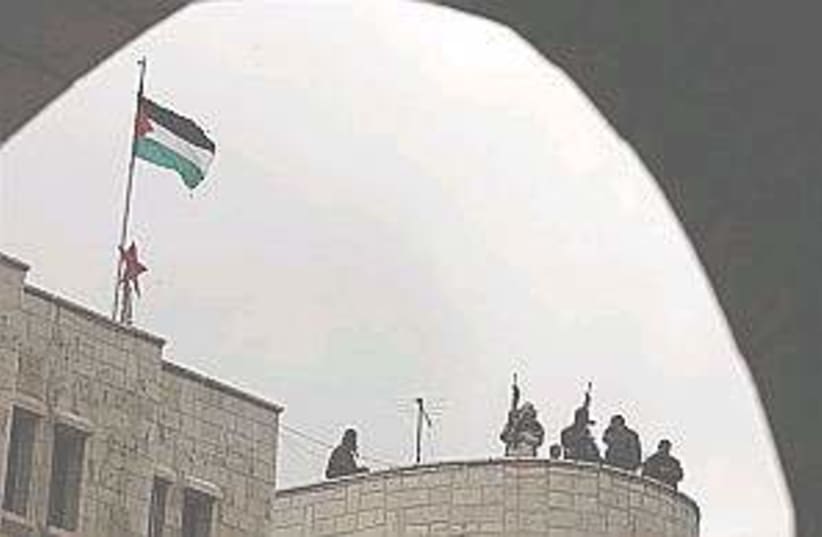| More about: | Christmas, Hanan Ashrawi, Palestinian National Authority, Gilo |
Christmas wish list
Will the most memorable image of Christmas 2005 be last week's siege of Manger Square in Bethlehem?


| More about: | Christmas, Hanan Ashrawi, Palestinian National Authority, Gilo |